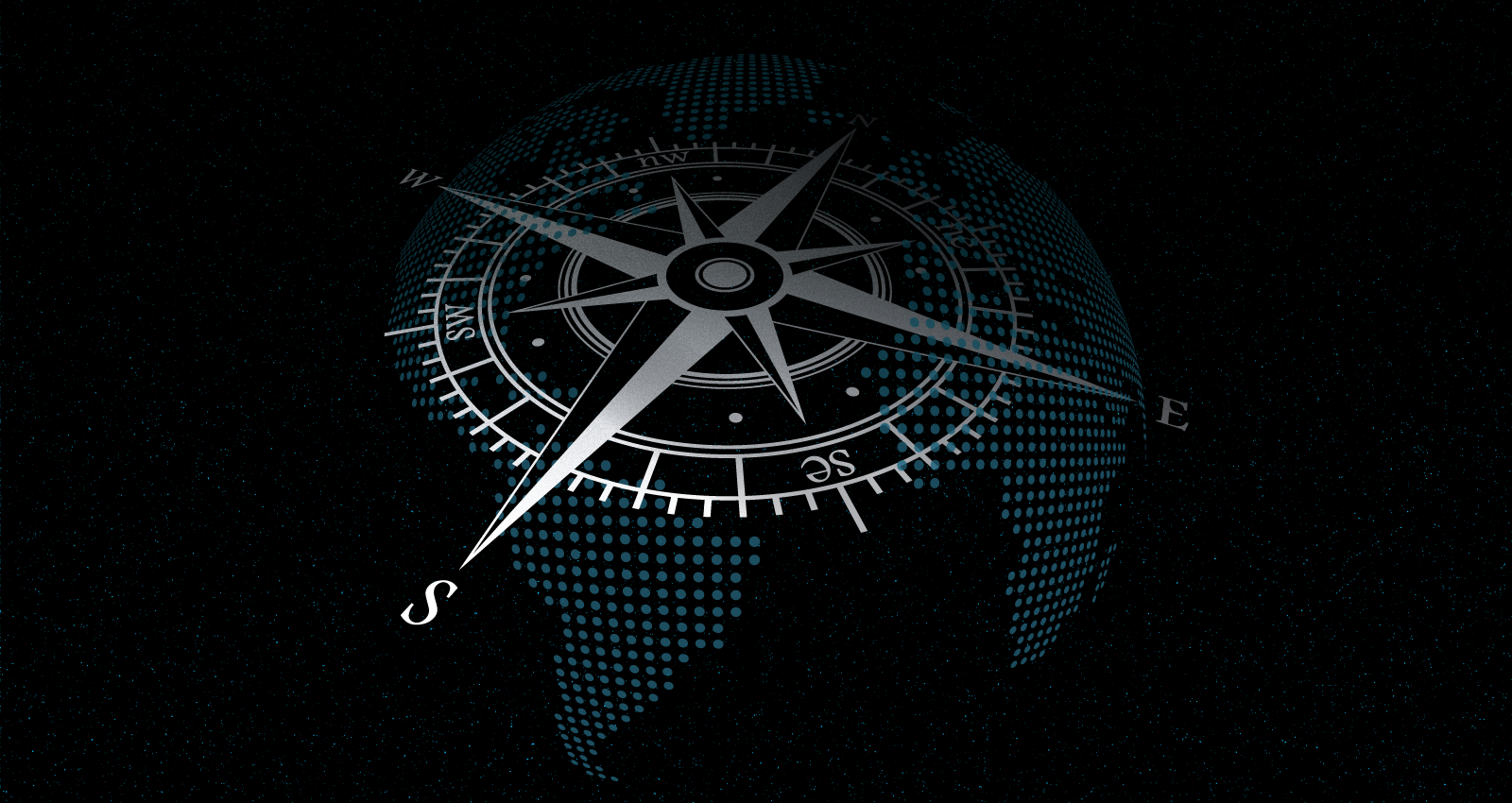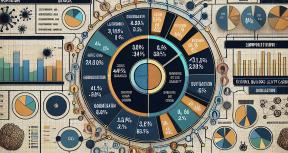 As the World Bank Group responded to the emerging pandemic, the Independent Evaluation Group (IEG) quickly realigned its work program to focus on the new priorities. Our capacity to adapt and provide insights relevant to the unfolding crisis was largely determined by two key factors: A reform process launched earlier in the year to increase our agility and ability to innovate, and a large body of evidence built over years of evaluation.
As the World Bank Group responded to the emerging pandemic, the Independent Evaluation Group (IEG) quickly realigned its work program to focus on the new priorities. Our capacity to adapt and provide insights relevant to the unfolding crisis was largely determined by two key factors: A reform process launched earlier in the year to increase our agility and ability to innovate, and a large body of evidence built over years of evaluation.
We immediately set to mining this body of evidence to identify lessons from past global crises to help inform the Bank Group’s pandemic response. What began with a synthesis of lessons drawn from evaluations of Bank Group responses to Ebola, Avian Flu and other public health crises, led to a demand for evidence to inform a variety of other decisions, such as what worked best during past crises to support the private sector or reach the most vulnerable with social protection measures. These lessons are now collected in a library as a resource for the range of development actors and policymakers coping with the multiple consequences of the pandemic. A library that we add to continually as new challenges appear.
While evaluation necessarily requires looking backwards to assess what has worked, the evidence gathered plays a vital role in mapping out what needs to be done to stay on track or adjust course. This has been especially challenging in the fast changing environment created by the pandemic, where restrictions on movement has placed severe limitations on the way we conventionally collect evidence and engage with stakeholders. Yet in uncertain times, more data is needed, not less, and maintaining the cycle of feedback, learning and course correction is even more crucial.
As the World Bank Group and other development organizations moved quickly to launch bold programs to address the impacts of the pandemic, evaluators have had to act with equal agility to orient what they do and how they do it to the ‘new normal’. That same agility is needed as we shift our focus to assessing the early results of the response, coupled with innovation to identify new sources of data and forms of engagement. With the pandemic hitting the most vulnerable the hardest, and threatening to drive millions into extreme poverty, it is essential that we provide our counterparts driving the pandemic response with robust evidence on what is working and for whom.
At the start of the last financial year, before the pandemic changed everything, IEG had launched an extensive internal process to assess the alignment of our work with World Bank Group priorities. This involved a review of our products and listening carefully to counterparts, to determine whether we were delivering the right evaluative evidence at the right time to maximize learning and contribute to greater development effectiveness. Early feedback revealed a demand for more just-in-time evidence to inform decision-making alongside insights on longer-term development challenges.
We responded with reforms to increase our flexibility, developing a work program mapped to World Bank Group priorities but with enough room to respond to changing circumstances and emerging demands. We also focused on the need for innovation, in the use of new methods and technologies to provide real-time data while retaining a clear line of sight to the Bank Group’s twin goals and the Sustainable Development Goals. Even before the advent of COVID-19, IEG had begun innovating with a diverse set of new technologies to gather data from drones to geo-mapping and machine learning to increase our capacity for mining data across a broader range of data platforms and resources. Once the pandemic struck, our internal process took on added significance and IEG has drawn on the reforms to increase our agility, diversify our approaches and face up to a new set of unprecedented development challenges.
.png) To address these and many other challenges posed by the pandemic, IEG drew on lessons learned from evaluating in fragile and conflict-affected settings and taking on board the merits of emergent learning in times of increased uncertainty. We prepared guidelines for adapting evaluation methods in current circumstances, from remote missions to tackling ethical and data protection challenges.
To address these and many other challenges posed by the pandemic, IEG drew on lessons learned from evaluating in fragile and conflict-affected settings and taking on board the merits of emergent learning in times of increased uncertainty. We prepared guidelines for adapting evaluation methods in current circumstances, from remote missions to tackling ethical and data protection challenges.
Much like its internal reforms, IEG support to partner countries to build up their monitoring and evaluation capacities has also taken on added significance. With a growing number of countries basing their national development strategies on the Sustainable Development Goals, there has been increasing demand for help with developing their ability to gather evidence and use it to chart a path forward and monitor their progress. IEG has been coordinating with a broad range of countries and organizations to establish a partnership capable of meeting the scale of this demand. The pandemic has reinforced the urgency of this initiative, as the lack of robust evaluation systems leaves many countries blind, without the capacity for evidence-informed policies to cope with the health and economic shocks of the coronavirus.
Going forward, IEG will continue to build on the reforms launched earlier this year. We will continue to invest in strong relationships with counterparts even as we cannot meet in person and find ways to dive deeper into data even as collecting new information poses a challenge. We also remain committed to supporting our partner countries build their capacity for monitoring and evaluation. While we still have much to learn about performing the evaluative function in these challenging times, IEG is committed to approaching the problem with agility, flexibility, and innovation.
To learn more about IEG’s FY20 programs and evaluations, read this year’s annual report.








Comments
Thank you Alison for the…
Thank you Alison for the leadership and being proactive during this time. The work of IEG will set a pace for other networks and agencies and offer and opportunity to refocus priorities and resources to demonstrate evaluation utility and relevance. Being unable to physically access communiteis and places cannot be an excuse for not conducting evaluative work.
Thanks very much for the…
Thanks very much for the kind words Indran. It has been exciting to see the many innovative ways our teams have adapted to remote evaluation, for example, by using geospatial data more effectively and efficiently on project variables. We’re doing our best to share what we’ve learned as we go in our COVID-19 “Lessons Library” that has a lot of useful tools to help us all adapt and learn from this experience.
https://ieg.worldbankgroup.org/topic/covid-19-coronavirus-response
Add new comment